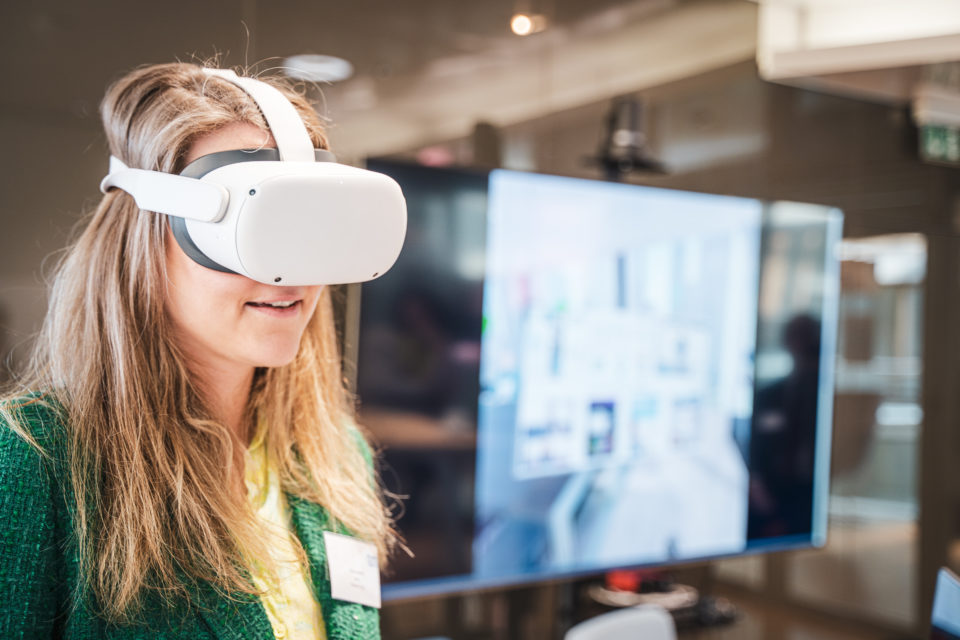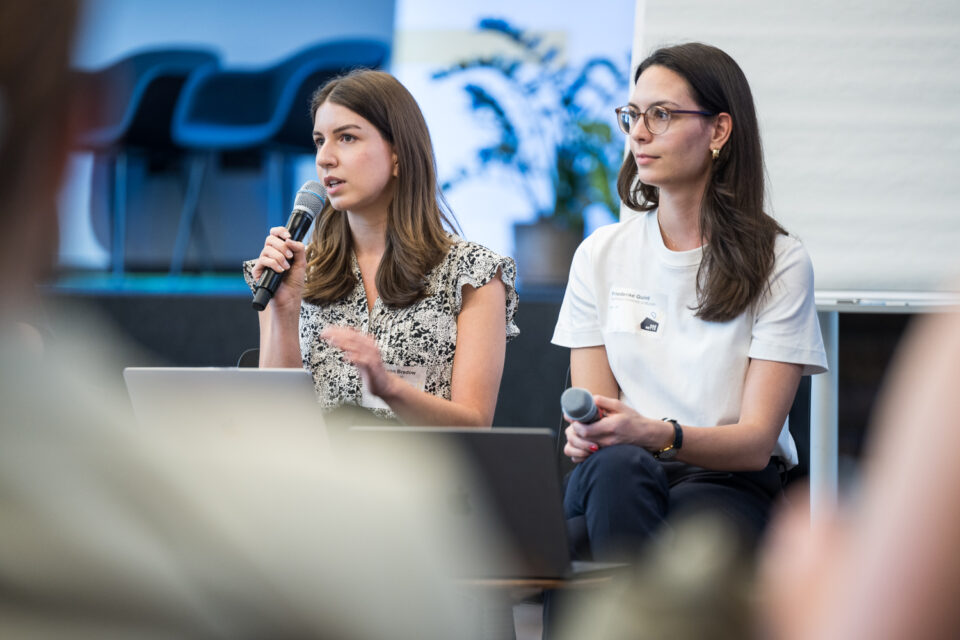TUM Think Tank
Where today's societal challenges meet tomorrow's technological excellence.
Feedback to the European Commission
Strengthening the Digital Services Act: A Participatory Approach
In a recent letter to the European Commission's Directorate-General for Communications Networks, Content, and Technology, Prof. Dr. Christian Djeffal from the Technical University of Munich shared insights on the Draft of Commission Delegated Regulation supplementing Regulation (EU) 2022/2065. The regulation focuses on rules for auditing very large online platforms and search engines. The comments are based on the results of the Reinnovating Content Moderation (REMODE) project.
The Importance of Participatory Elements
Djeffal emphasizes the need for incorporating participatory elements in the risk assessment and mitigation processes for online platforms and search engines. Understanding the regional and linguistic contexts in which social media operates is critical, and addressing issues like the impact of image filters on mental health requires active engagement with affected group.
Suggestions for Improving the Draft Regulation
The letter provides specific suggestions for improving the draft regulation, such as clarifying the definition of "groups most impacted" and incorporating participatory measures in the auditing process. These changes will help make the Digital Services Act (DSA) more effective and strengthen its enforcement.
By incorporating participatory elements in the auditing process, the DSA can better address the dynamic risks posed by social media platforms and search engines. This approach ensures that the unique needs of vulnerable groups protected by European law, such as children and individuals with disabilities, are taken into account when assessing and mitigating risks.
Conclusion
The insights shared in the letter highlight the importance of a participatory approach in strengthening the Digital Services Act. By actively engaging with affected groups and incorporating their perspectives in the risk assessment and mitigation processes, the DSA can become more effective in addressing the challenges posed by very large online platforms and search engines.
TL;DR
In a recent letter to the European Commission's Directorate-General for Communications Networks, Content, and Technology, Prof. Dr. Christian Djeffal from the Technical University of Munich shared insights on the Draft of Commission Delegated Regulation supplementing Regulation (EU) 2022/2065. The regulation focuses on rules for auditing very large online platforms and search engines. The comments are based on the results of the Reinnovating Content Moderation (REMODE) project.










